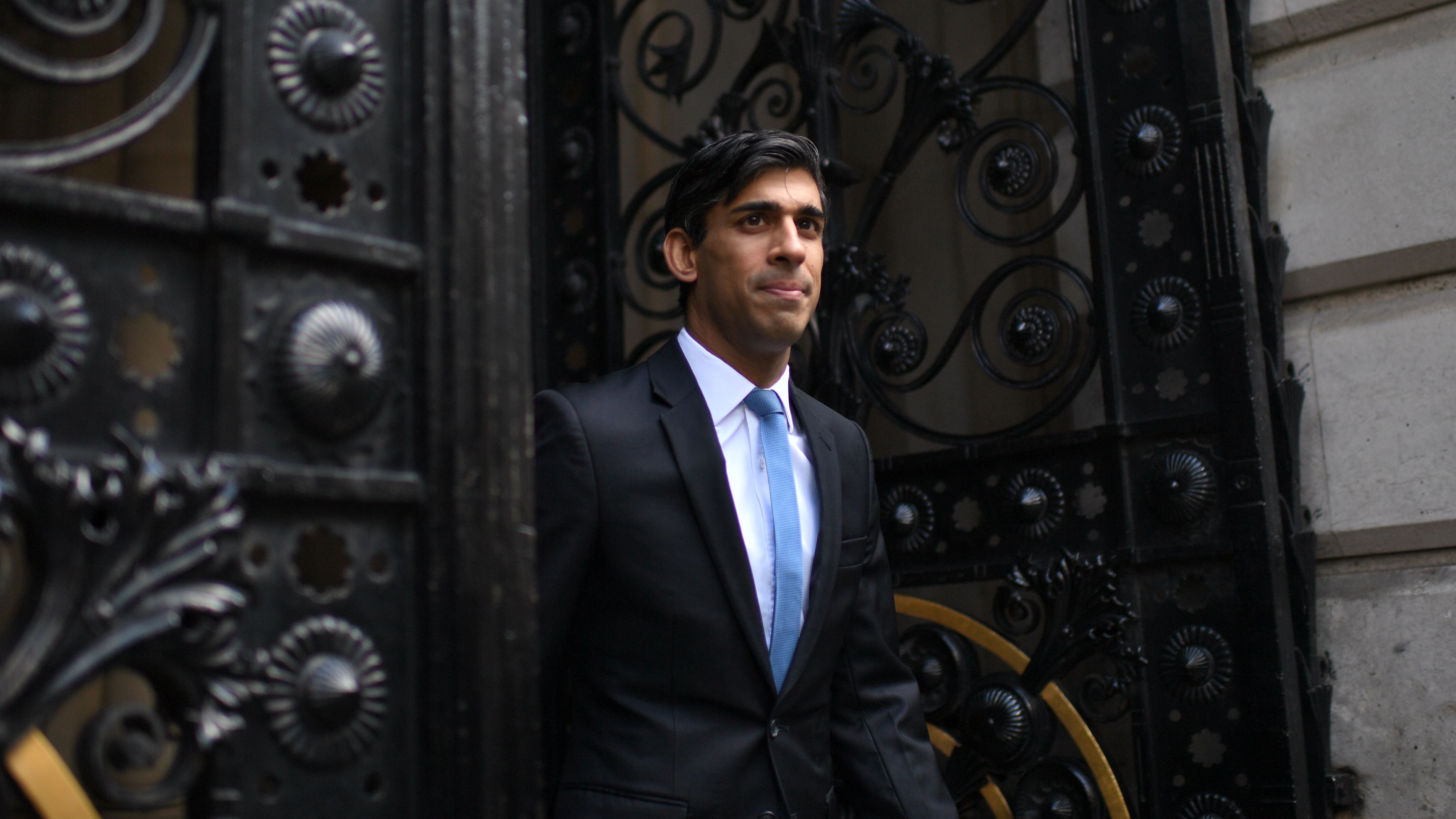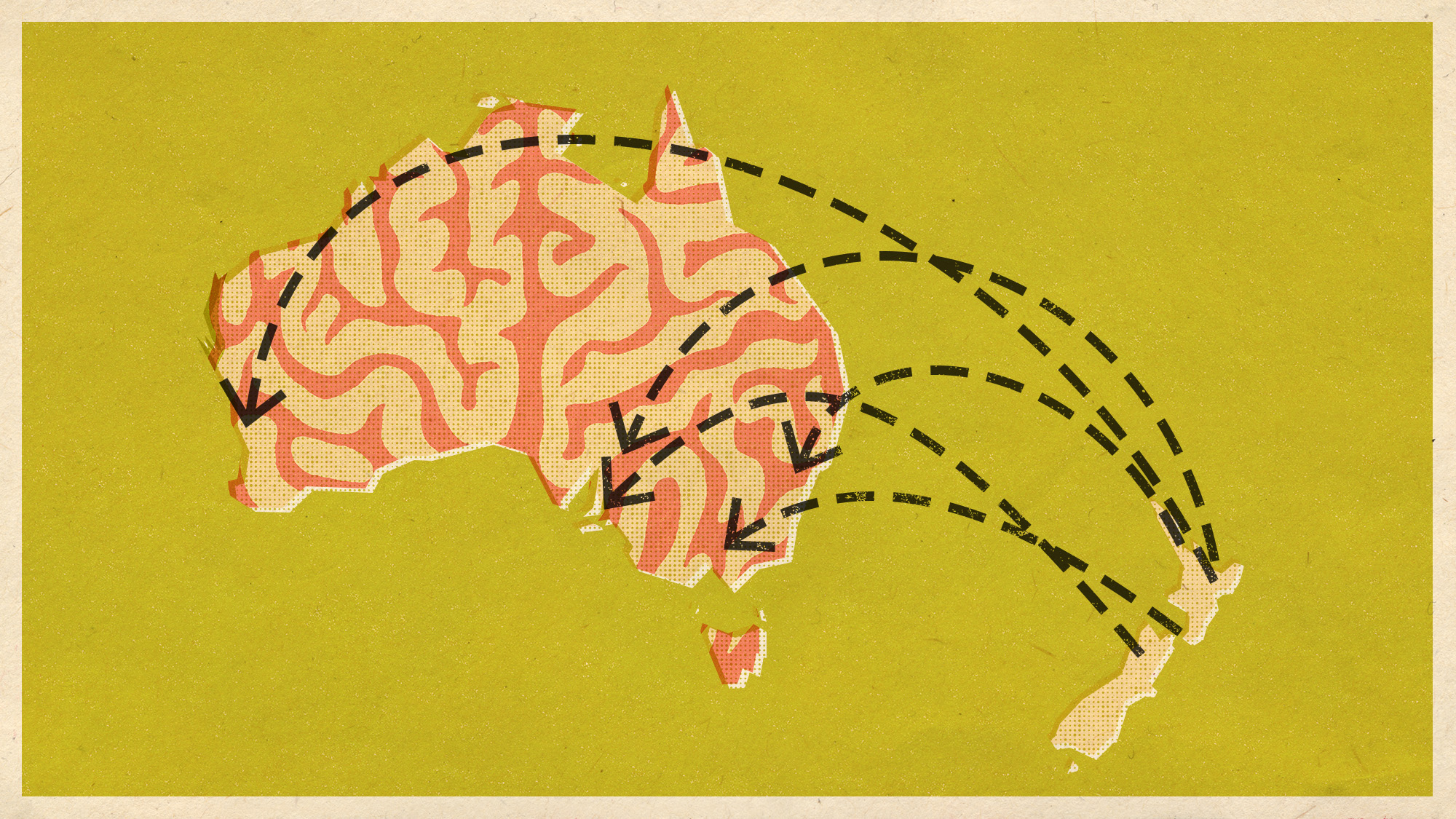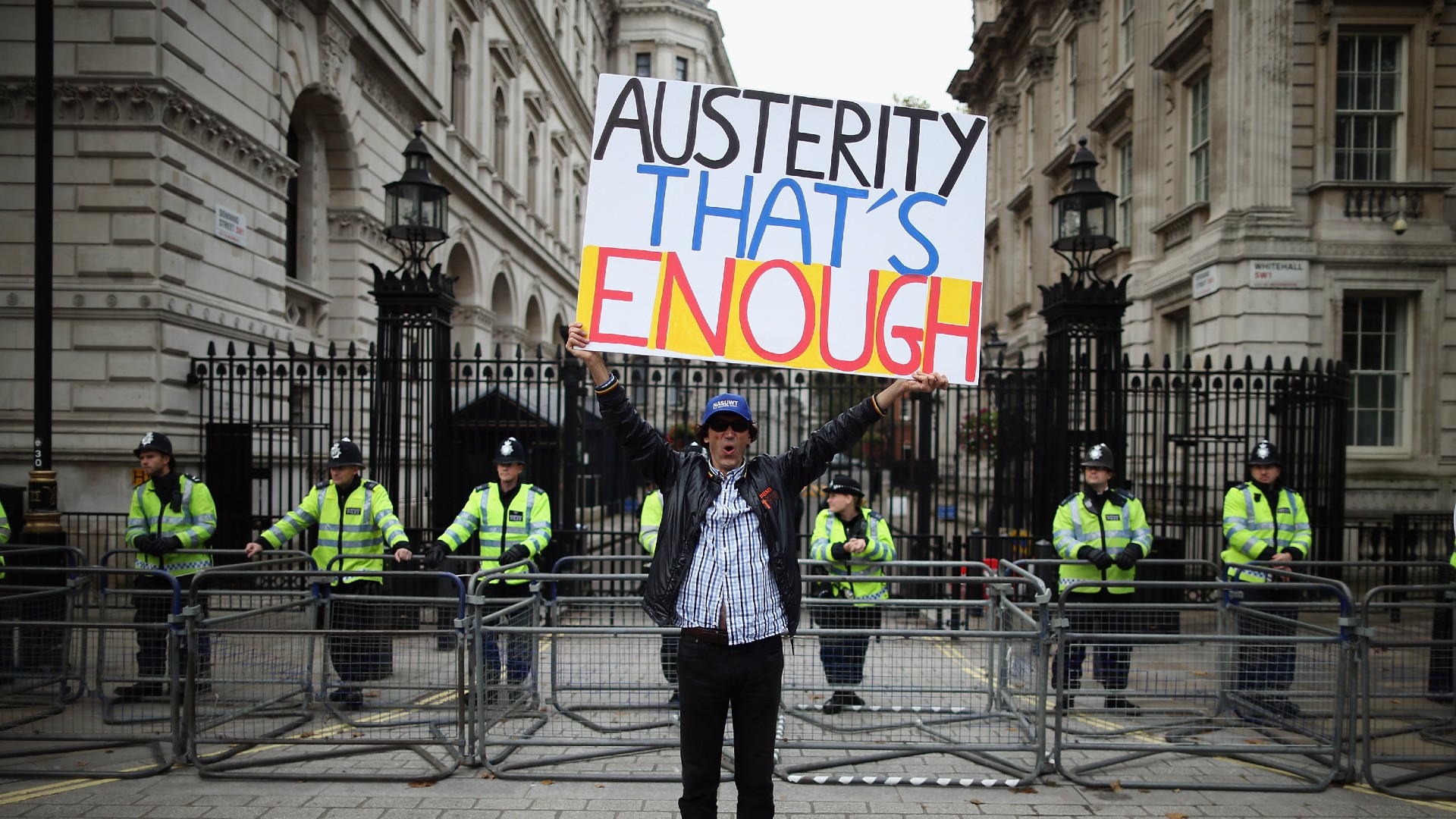Reaction: half of all UK adults ‘being bankrolled’ by government during pandemic
Chancellor warns that cost of furlough scheme is not sustainable

A free daily email with the biggest news stories of the day – and the best features from TheWeek.com
You are now subscribed
Your newsletter sign-up was successful
A total of 27 million people in the UK are being “bankrolled by the state” as the government battles to prop up the economy during the coronavirus pandemic.
That represents more than half of the adult population, reports The Telegraph, which has analysed official data.
People getting state funding include workers being paid through the government’s furlough scheme, which is currently supporting one in four UK employees, as well as those claiming benefits after losing their job as a result of the outbreak. Public sector workers and pensioners are also included.
The Week
Escape your echo chamber. Get the facts behind the news, plus analysis from multiple perspectives.

Sign up for The Week's Free Newsletters
From our morning news briefing to a weekly Good News Newsletter, get the best of The Week delivered directly to your inbox.
From our morning news briefing to a weekly Good News Newsletter, get the best of The Week delivered directly to your inbox.
Figures released by HMRC on Monday show that 6.3 million people in the UK have now been put on furlough by their employers, at a total expense of £8bn in the first month.
The cost of the furloughing scheme is potentially “as much as the NHS” budget, says the Financial Times, and was last night described by Chancellor Rishi Sunak as “not a sustainable solution”.
Sunak told ITV News that there would be “no cliff edge” to the Coronavirus Job Retention Scheme (JRS), but added: “I’m working, as we speak, to figure out the most effective way to wind down the scheme and to ease people back into work in a measured way.”
The Telegraph reports that Sunak’s intervention comes “amid growing signs of cabinet friction” over the response to the coronavirus outbreak.
A free daily email with the biggest news stories of the day – and the best features from TheWeek.com
Senior backbench Tories have also called on the prime minister to lift restrictions amid “the strain of the lockdown on the nation’s finances and rising unemployment”.
Former chancellor Lord Lamont of Lerwick told the newspaper: “It is not practical and not affordable for the state to pay people not to work – ultimately, the government only has the money it gets from taxation from people who create the wealth.
“It is not a sustainable position except in the short term. It illustrates the danger and precariousness of our situation.”
This warning was echoed by Mark Littlewood, director general of the Institute of Economic Affairs.
“We need to swiftly move away from such colossal state involvement in employment,” the think-tank boss said. “If numbers like these persist, it will be a recipe for serious long-term stagnation and decline.”
But Torsten Bell, director of the Resolution Foundation, argues that the number of workers signing up to be paid by the government “should remind us how badly needed the retention scheme is”. Bell added: “We are likely to be living with the legacy of high unemployment that coronavirus has given Britain, long after it has been phased out.”
–––––––––––––––––––––––––––––––For a round-up of the most important stories from around the world - and a concise, refreshing and balanced take on the week’s news agenda - try The Week magazine. Start your trial subscription today –––––––––––––––––––––––––––––––
Labour Party leader Keir Starmer told BBC Radio 4’s Today programme this morning that the government must make the furlough scheme “more flexible” in order to manage people’s gradual return to full and part-time work.
ITV News business and economics editor Joel Hills writes that the Office for Budget Responsibly last month calculated that if 8.3 million people ended up being furloughed, “it would cost the government around £42bn over three months”.
“That is an extraordinary sum of money,” Hills adds. “For as long as the JRS exists, there’s also little incentive for firms to reopen and make social distancing work. The chancellor is signalling to companies they will have to start preparing to wean themselves off.”
-
 How the FCC’s ‘equal time’ rule works
How the FCC’s ‘equal time’ rule worksIn the Spotlight The law is at the heart of the Colbert-CBS conflict
-
 What is the endgame in the DHS shutdown?
What is the endgame in the DHS shutdown?Today’s Big Question Democrats want to rein in ICE’s immigration crackdown
-
 ‘Poor time management isn’t just an inconvenience’
‘Poor time management isn’t just an inconvenience’Instant Opinion Opinion, comment and editorials of the day
-
 What's Jeff Bezos' net worth?
What's Jeff Bezos' net worth?In Depth The Amazon tycoon and third richest person in the world made his fortune pioneering online retail
-
 'Brain drain' fear as record numbers leave New Zealand
'Brain drain' fear as record numbers leave New ZealandUnder The Radar Neighbouring Australia is luring young workers with prospect of better jobs
-
 Is the UK economy returning to normal?
Is the UK economy returning to normal?Today's Big Question Tories claim UK has 'turned a corner' while Labour accuses government of 'gaslighting' public
-
 Ghost kitchens are pulling a disappearing act
Ghost kitchens are pulling a disappearing actunder the radar The delivery-only trend is failing to live up to the hype built up during the pandemic
-
 The birth of the weekend: how workers won two days off
The birth of the weekend: how workers won two days offThe Explainer Since the 1960s, there has been talk of a four-day-week, and post-pandemic work patterns have strengthened those calls
-
 New austerity: can public services take any more cuts?
New austerity: can public services take any more cuts?Today's Big Question Some government departments already 'in last chance saloon', say unions, as Conservative tax-cutting plans 'hang in the balance'
-
 Would tax cuts benefit the UK economy?
Would tax cuts benefit the UK economy?Today's Big Question More money in people's pockets may help the Tories politically, but could harm efforts to keep inflation falling
-
 Why household wealth took off during the pandemic
Why household wealth took off during the pandemicUnder The Radar The Covid-19 pandemic caused a lot of pain and hardship, but new research shows it also left most Americans wealthier